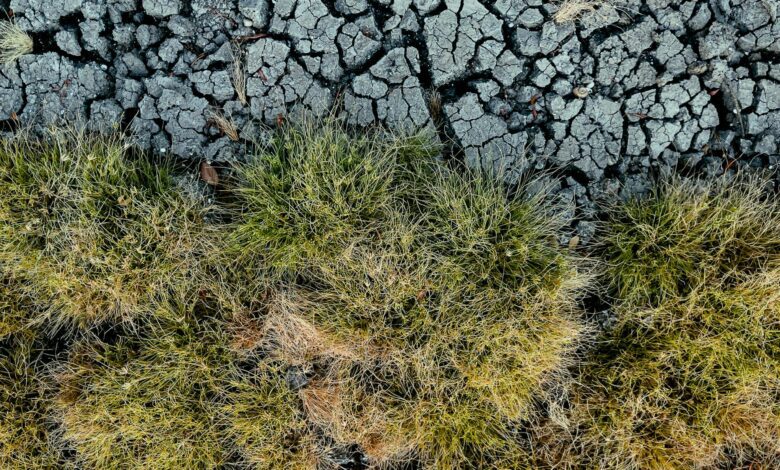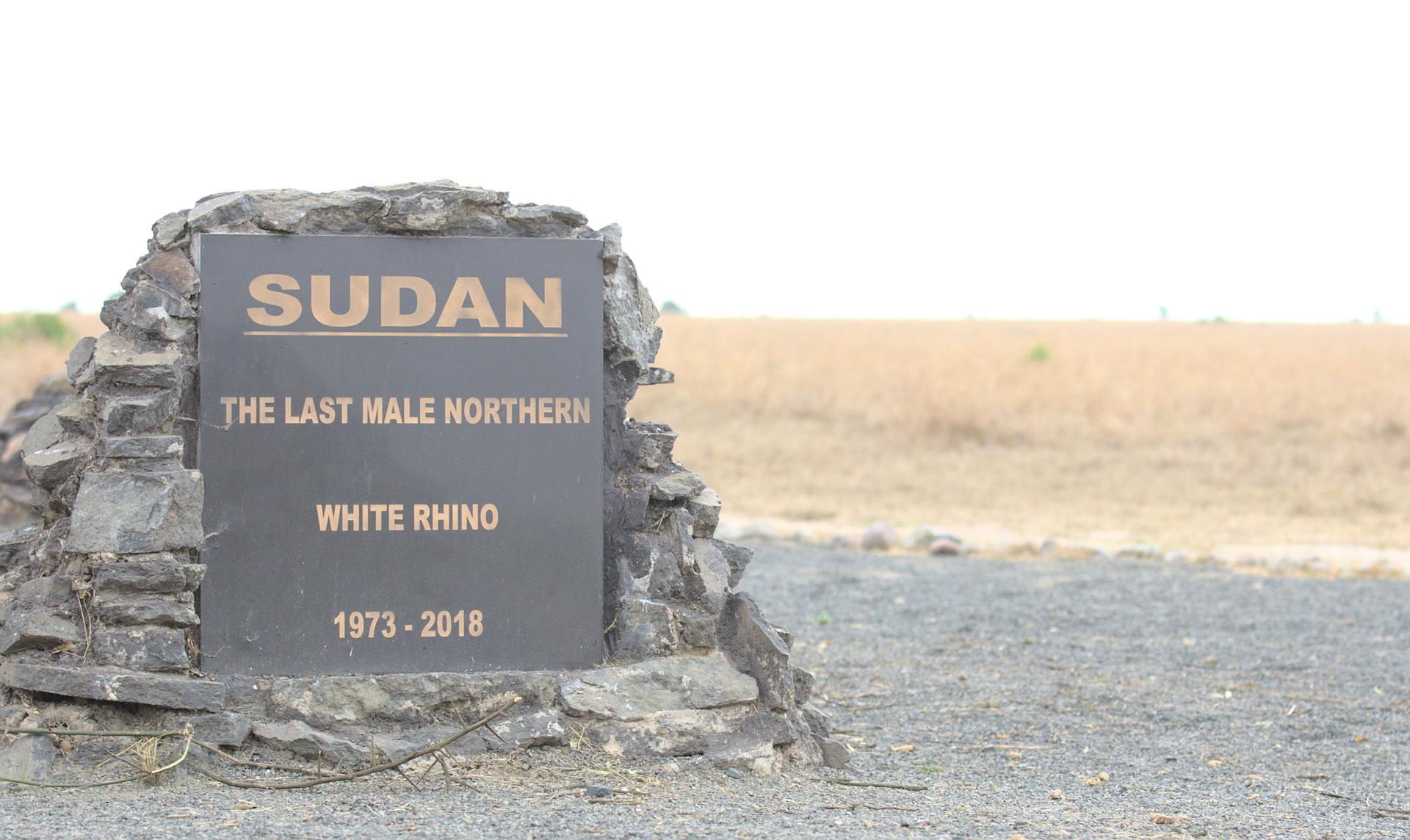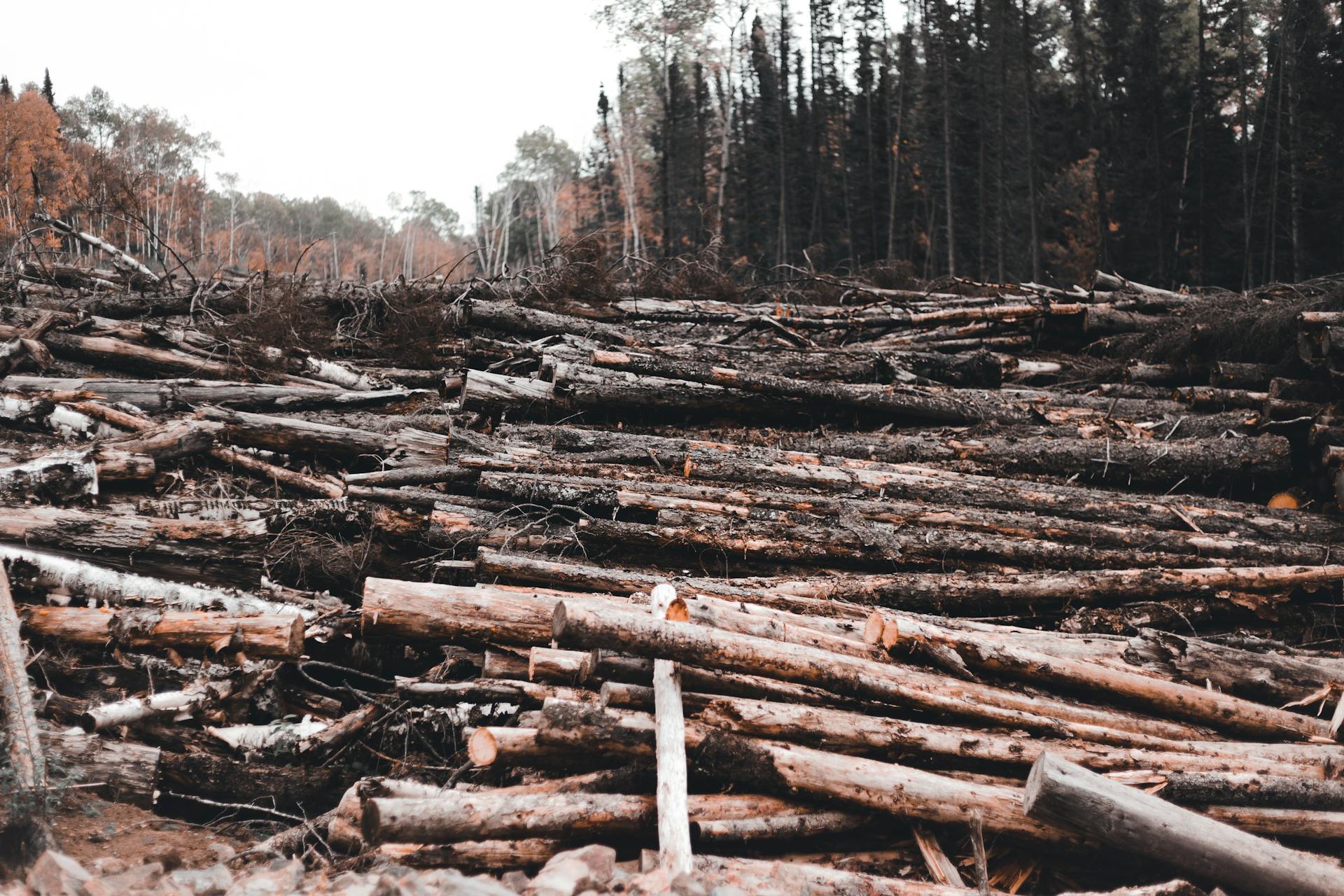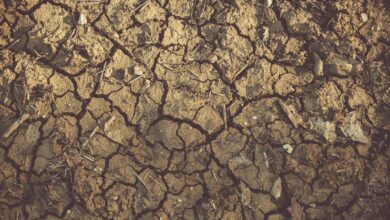The Truth Unveiled: Is Climate Change Real?

Climate change is a complex phenomenon that encompasses various aspects, including rising temperatures, melting glaciers, sea-level rise, and extreme weather events. Understanding the reality of climate change is crucial for developing effective strategies to address its consequences and protect our planet for future generations.
In this article, we will delve into the historical evidence, scientific consensus, causes, and impacts of climate change, as well as explore the skepticism and denial surrounding this issue. Additionally, we will examine the efforts being made to combat climate change and the economic implications of inaction.
Historical evidence of climate change
Climate change is not a new phenomenon; the Earth’s climate has undergone natural fluctuations throughout its history. However, the rate and magnitude of the current changes are unprecedented and can be attributed largely to human activities.
Paleoclimatologists, scientists who study past climates, have uncovered evidence of climate change from various sources, including:
- Ice cores: Analyzing trapped air bubbles in ancient ice cores from Greenland and Antarctica, scientists can reconstruct past atmospheric compositions and temperatures.
- Tree rings: The growth patterns of trees provide insights into past climate conditions, as their annual rings are influenced by temperature, precipitation, and other environmental factors.
- Sediment and rock layers: Studying the composition and characteristics of sedimentary rocks and ocean sediments can reveal information about past climates and atmospheric conditions.
- Coral reefs: Coral growth patterns and skeletal compositions are sensitive to changes in ocean temperature and chemistry, offering valuable data on climate changes over time.
These historical records clearly indicate that the Earth’s climate has experienced significant variations in the past, but the current rate of change is unprecedented and cannot be explained solely by natural factors.
Also read: The Urgency of Addressing Climate Change: A Call to Action for a Sustainable Future
Scientific consensus on climate change
The scientific community has reached an overwhelming consensus that climate change is real, and human activities, particularly the burning of fossil fuels, are the primary driving force behind the observed changes.
According to the Intergovernmental Panel on Climate Change (IPCC), a United Nations body composed of thousands of scientists from around the world, the evidence for human-caused climate change is unequivocal. The IPCC’s reports, which are based on a comprehensive review of scientific literature, provide a robust and authoritative assessment of the current state of knowledge on climate change.
Numerous scientific organizations, including the National Academy of Sciences, the American Meteorological Society, and the American Association for the Advancement of Science, have issued statements affirming the reality of climate change and the role of human activities in driving it.
The consensus among climate scientists is not a matter of opinion but a conclusion based on rigorous scientific research, peer-reviewed studies, and a vast body of evidence gathered from various disciplines, including atmospheric science, oceanography, glaciology, and paleoclimatology.
Causes of climate change
While climate change can be influenced by natural factors, such as volcanic eruptions and variations in solar activity, the primary cause of the current warming trend is the increased concentration of greenhouse gases in the atmosphere, primarily due to human activities.
- Burning of fossil fuels: The combustion of fossil fuels (coal, oil, and natural gas) for energy production, transportation, and industrial processes releases carbon dioxide (CO₂), the most significant greenhouse gas contributing to climate change.
- Deforestation: The clearing of forests and other vegetation reduces the planet’s ability to absorb and store carbon dioxide, leading to higher atmospheric concentrations.
- Agricultural practices: Certain agricultural activities, such as livestock farming and rice cultivation, contribute to the release of methane, another potent greenhouse gas.
- Industrial processes: Various industrial processes, including cement production and chemical manufacturing, emit greenhouse gases like carbon dioxide and nitrous oxide.
These human-induced greenhouse gas emissions trap heat from the sun within the Earth’s atmosphere, causing a gradual increase in global temperatures and disrupting the delicate balance of the climate system.
Impact of climate change on the environment

Climate change is already having profound impacts on the Earth’s ecosystems, and these effects are expected to intensify in the coming decades if greenhouse gas emissions continue unabated.
- Rising temperatures: The Earth’s average surface temperature has risen by approximately 1.1°C (2°F) since the late 19th century, with the last decade being the warmest on record.
- Melting glaciers and ice sheets: Glaciers and ice sheets around the world, including the Arctic and Antarctic regions, are melting at an accelerated rate, contributing to sea-level rise and disrupting ecosystems.
- Sea-level rise: As glaciers and ice sheets melt, and ocean water expands due to warming temperatures, sea levels are rising, threatening coastal communities and low-lying areas.
- Extreme weather events: Climate change is increasing the frequency and intensity of extreme weather events, such as heat waves, droughts, floods, and hurricanes, causing significant damage and loss of life.
- Biodiversity loss: Many species are struggling to adapt to the rapidly changing climate, leading to population declines and potential extinctions, disrupting entire ecosystems.
These environmental impacts have far-reaching consequences, affecting not only natural habitats but also human societies and economies that rely on stable and predictable climate conditions.
Also read: Examining the Effective Steps Governments Have Taken to Combat Climate Change
Impact on human health
Climate change poses significant risks to human health, both directly and indirectly. As the planet continues to warm, the effects on human well-being become increasingly apparent.
- Heat-related illnesses: Rising temperatures and more frequent and intense heat waves can lead to heat-related illnesses, such as heat stroke and dehydration, particularly among vulnerable populations like the elderly and young children.
- Respiratory diseases: Climate change can exacerbate respiratory conditions like asthma and allergies due to increased air pollution, pollen levels, and the spread of allergens.
- Vector-borne diseases: Warmer temperatures and changing precipitation patterns can expand the geographical range of disease-carrying vectors, such as mosquitoes and ticks, increasing the risk of diseases like malaria, dengue fever, and Lyme disease.
- Food and water insecurity: Climate change can disrupt food production and water supplies, leading to malnutrition and water-borne illnesses, particularly in regions already experiencing poverty and limited resources.
- Mental health impacts: The stress and trauma associated with extreme weather events, displacement, and loss of livelihood can contribute to mental health issues, such as anxiety, depression, and post-traumatic stress disorder (PTSD).
Addressing the health impacts of climate change requires a multifaceted approach, including mitigation efforts to reduce greenhouse gas emissions, adaptation strategies to enhance resilience, and strengthening healthcare systems to better respond to climate-related health challenges.
Economic consequences of the problem
Climate change has far-reaching economic implications, affecting various sectors and industries worldwide. The costs associated with mitigating and adapting to climate change are significant, but the consequences of inaction are even more severe.
- Infrastructure damage: Extreme weather events, such as hurricanes, floods, and wildfires, can cause extensive damage to critical infrastructure, including buildings, roads, bridges, and utilities, resulting in substantial repair and reconstruction costs.
- Agriculture and food production: Climate change can disrupt agricultural systems, leading to crop failures, livestock losses, and reduced yields, potentially causing food shortages and price increases.
- Water scarcity: Changing precipitation patterns and melting glaciers can exacerbate water scarcity in many regions, affecting agricultural production, industrial processes, and municipal water supplies, with significant economic consequences.
- Energy costs: Rising temperatures and extreme weather events can impact energy production and distribution, increasing the demand for cooling and potentially disrupting energy supplies, leading to higher costs for consumers and businesses.
- Health care expenses: The health impacts of climate change, such as heat-related illnesses, respiratory diseases, and vector-borne diseases, can strain healthcare systems and increase medical costs.
- Insurance and disaster relief: As the frequency and severity of natural disasters increase due to climate change, insurance companies and governments may face higher payouts for disaster relief and recovery efforts.
Addressing the economic consequences of climate change requires a comprehensive approach that includes investing in adaptation and mitigation strategies, transitioning to a low-carbon economy, and promoting sustainable development practices.
Also read: 5 Promising Solutions to Climate Change
Skepticism and denial of climate change

Despite the overwhelming scientific evidence and consensus, there remains a vocal minority that expresses skepticism or outright denial of climate change. The reasons for this skepticism and denial can be multifaceted, including:
- Vested interests: Some industries and organizations with vested interests in maintaining the status quo, such as fossil fuel companies, may fund campaigns and disseminate misinformation to cast doubt on climate science.
- Ideological beliefs: Climate change denial can be rooted in ideological beliefs or political affiliations, leading individuals to reject scientific evidence that conflicts with their worldviews.
- Lack of understanding: The complexities of climate science and the uncertainties associated with long-term projections can contribute to misunderstandings and skepticism among the general public.
- Distrust of authority: A general distrust of government, scientific institutions, and mainstream media can fuel skepticism towards the consensus on climate change.
It is important to address climate change skepticism and denial through robust scientific communication, education, and engagement with diverse stakeholders, fostering a better understanding of the evidence and the potential consequences of inaction.
Efforts to combat the problem
Recognizing the urgency of the climate crisis, various efforts are underway at global, national, and local levels to mitigate and adapt to the impacts of climate change.
- International agreements: The Paris Agreement, adopted in 2015, is a global framework for countries to collectively combat climate change by setting emissions reduction targets and implementing adaptation measures.
- Renewable energy development: Many countries are investing in renewable energy sources, such as solar, wind, and hydroelectric power, to reduce their reliance on fossil fuels and lower their carbon footprints.
- Energy efficiency and conservation: Improving energy efficiency in buildings, transportation, and industrial processes, as well as promoting energy conservation practices, can significantly reduce greenhouse gas emissions.
- Sustainable agriculture and forestry: Adopting sustainable agricultural practices, such as agroforestry and precision farming, and protecting and restoring forests can help mitigate climate change by sequestering carbon dioxide and reducing emissions.
- Climate adaptation measures: Efforts are underway to enhance resilience and adapt to the impacts of climate change, including infrastructure upgrades, disaster preparedness, and ecosystem restoration.
- Public awareness and education: Raising public awareness about the realities of climate change and promoting environmental education are crucial for fostering behavioral changes and supporting climate action.
While progress has been made, more ambitious and coordinated efforts are needed to address the scale and urgency of the climate crisis, involving governments, businesses, communities, and individuals working together towards a sustainable future.
Climate change is a reality that requires immediate and collective action. By making conscious choices in our daily lives, such as reducing energy consumption, using renewable energy sources, and supporting sustainable practices, we can all contribute to mitigating the impacts of climate change. Take the first step today by educating yourself and your community about the urgency of this issue and advocating for policies and initiatives that prioritize a sustainable future for our planet.
Conclusion: The reality of climate change
Climate change is a complex and multifaceted issue, but the scientific evidence is clear: it is real, and human activities are the primary driving force behind the observed changes. The impacts of climate change are already being felt across the globe, affecting ecosystems, human health, and economies.
While there may be skepticism and denial from certain quarters, the overwhelming consensus among climate scientists and scientific organizations cannot be ignored. The consequences of inaction are far too severe, and the need for immediate and coordinated efforts to mitigate and adapt to climate change is paramount.
By embracing renewable energy sources, promoting sustainable practices, and fostering global cooperation, we can work towards a future where the impacts of climate change are minimized, and the planet remains habitable for generations to come. The time to act is now, and the responsibility lies with all of us to make the necessary changes and ensure a sustainable future for our planet.
Also read: Climate Change: All You Need to Know




